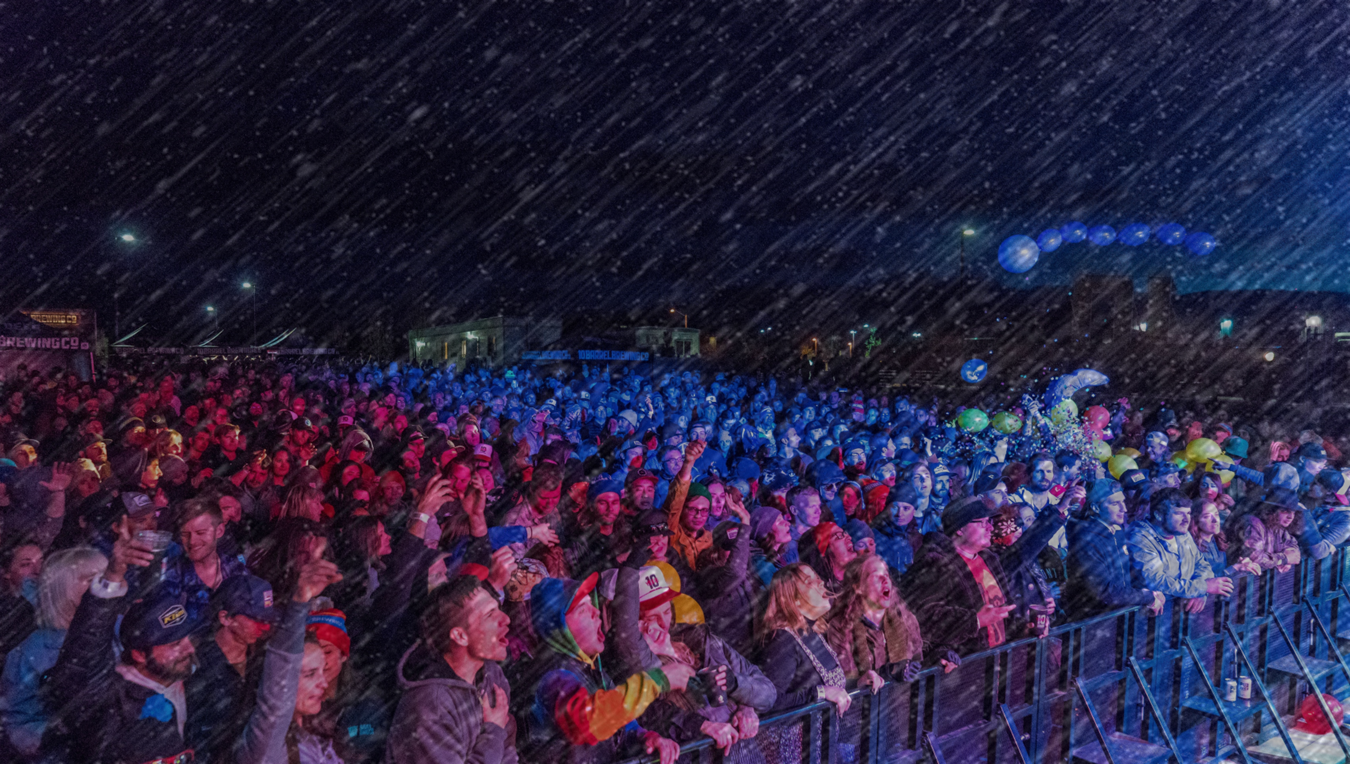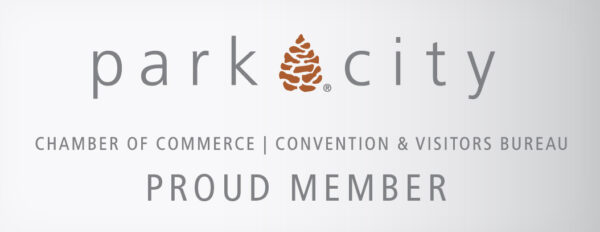From Rain to Ruin: A Festival’s Failure to Face the Music Hit All the Wrong Notes During a Crisis Communications Disaster
On a scale of one to five, how prepared is your business to effectively handle a crisis? I recently observed one that would rank a zero by anyone’s estimation. Strategic, thoughtful crisis communications and crisis planning are crucial for most any business to consider.
A recent music festival in Salt Lake City was an epic fail both during a crisis and in the days that followed. They clearly had no plan and didn’t even bother to wing it. Instead, they nose-dived. The one thing they did right was to cancel the remaining performances during an evening when severe weather created conditions that rendered it unsafe for talent and concertgoers. How and when they communicated this was only the first of many nails in the coffin. It became spooky situation.
I am sharing observations of this catastrophe in hopes others can learn from their egregious mistakes and negligence – the kind that create financial devastation.
1) There was clearly no crisis communications planning, protocol, or chain of command in place. Because every crisis is different, I am not a fan of a 67-page plan (see what I did there). Still, certain procedures need to be in place for how to respond. This includes having contact information for local authorities, a designated spokesperson, and how concertgoers will be compensated in the event of a cancellation. This was a rain or shine festival, but sometimes there are wicked acts of nature that throw a major curve ball. And the lack of organized response – or any, for that matter – leads me to wonder what would have happened in an active shooter situation. If they couldn’t handle a rain storm, I shudder to think of that scenario. At least, with a shooting, law enforcement would take over communicating with the public.
2) By many accounts, the communication was lacking. Infrequent updates regarding the weather delay status of the scheduled performances were posted on the festival’s social media until fans were left scrambling when it was finally called.
3) Once the rest of the evening was canceled, concertgoers were told to seek shelter, but none was provided on site. Thousands were left to find safety at nearby businesses. A ticket holder was tragically killed after leaving the venue by loose scaffolding where she sought cover.
4) The festival had no dedicated spokesperson. Numerous media stories ensued beginning the night of the storm with no official comment or statement from the festival. They simply said they were looking into how to accommodate for disappointed ticket holders and that Day 2 pass holders would be admitted to Day 3. Well, that’s not much consolation for those with three-day passes. Ten days later, no resolution has been announced. There has been zero transparency.
5) Understandably, disgruntled concertgoers flocked to social media to air their grievances. They commented on the festival’s social accounts, as well as online news stories. In some instances, people who seemed associated with the festival unofficially replied to comments in a disparaging, inflammatory manner. No one other than a designated spokesperson should ever make a public comment concerning a crisis. And responding to individual commenters on social media is a hard no.
6) The festival’s social media still has no acknowledgement of the cancellation of the remainder of Day 2 while there are posts about how epic Day 3 was. Huh?
7) There has been no public offer of condolences to the family of the deceased ticketholder. While the horrific, random incident did not occur on festival grounds, the organizers should honor her and donate to the family’s GoFundMe.
Like the music fans, organizers have taken shelter from the shit storm that ensued. There has been zero damage control, and frankly, it’s probably too late given talk of class action lawsuits against the organizers. Instead of seizing control of the narrative, promoters have allowed this debacle to fester on social media to an unbelievable extent. In addition to lawsuits, the lack of professionalism and ownership of the situation could certainly result in not being granted a license for a subsequent festival and difficulty securing sponsors. At this rate, who would even buy a ticket?
As someone who started my career in the music business and continued it by managing public relations for a wide range of clients though Redhead Marketing & PR, witnessing poor responses to crises tortures my soul. If your business doesn’t have a crisis plan, a good place to start is to consider what kind of crises you may encounter based on the nature of your company. For a restaurant, that could be a food poisoning situation while for an automobile brand, it could be a recall. If planning a large gathering, consider a natural disaster or mass shooting. When the music stops, you need a thoughtful crisis communications plan and public relations professionals to step up to the mic to ensure it’s not the last curtain for your business and you can manage your brand reputation.





